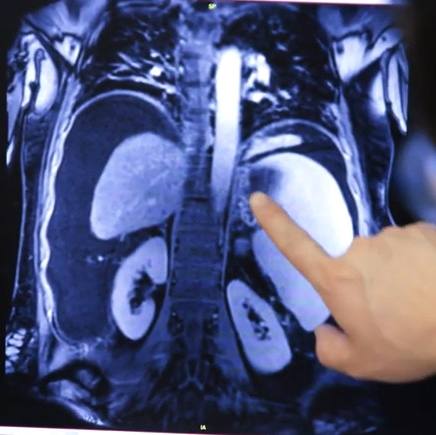-
Genetic Makeup and Diet Interact with the Microbiome to Impact Health
A Mayo Clinic researcher, along with his collaborators, has shown that an individual’s genomic makeup and diet interact to determine which microbes exist and how they act in the host intestine.The study was modeled in germ-free knockout mice to mimic a genetic condition that affects 1 in 5 humans and increases the risk for digestive diseases. Mayo Clinic gastroenterologist and first author of the study Purna Kashyap, M.B.B.S., says, “Our data show that factors in the differences in a host’s genetic makeup — in this case genes that affect carbohydrates in the gut — interact with the type of food eaten. That combination determines the composition and function of resident microbes.” Dr. Kashyap is also a collaborator in the Microbiome Program of the Mayo Clinic Center for Individualized Medicine.
Changes in microbial membership or function as demonstrated in this study may, in turn, foster a “digestive landscape” that can promote inflammatory conditions such as Crohn’s disease.The findings appear in Proceedings of the National Academy of Sciences.
Read news release.







